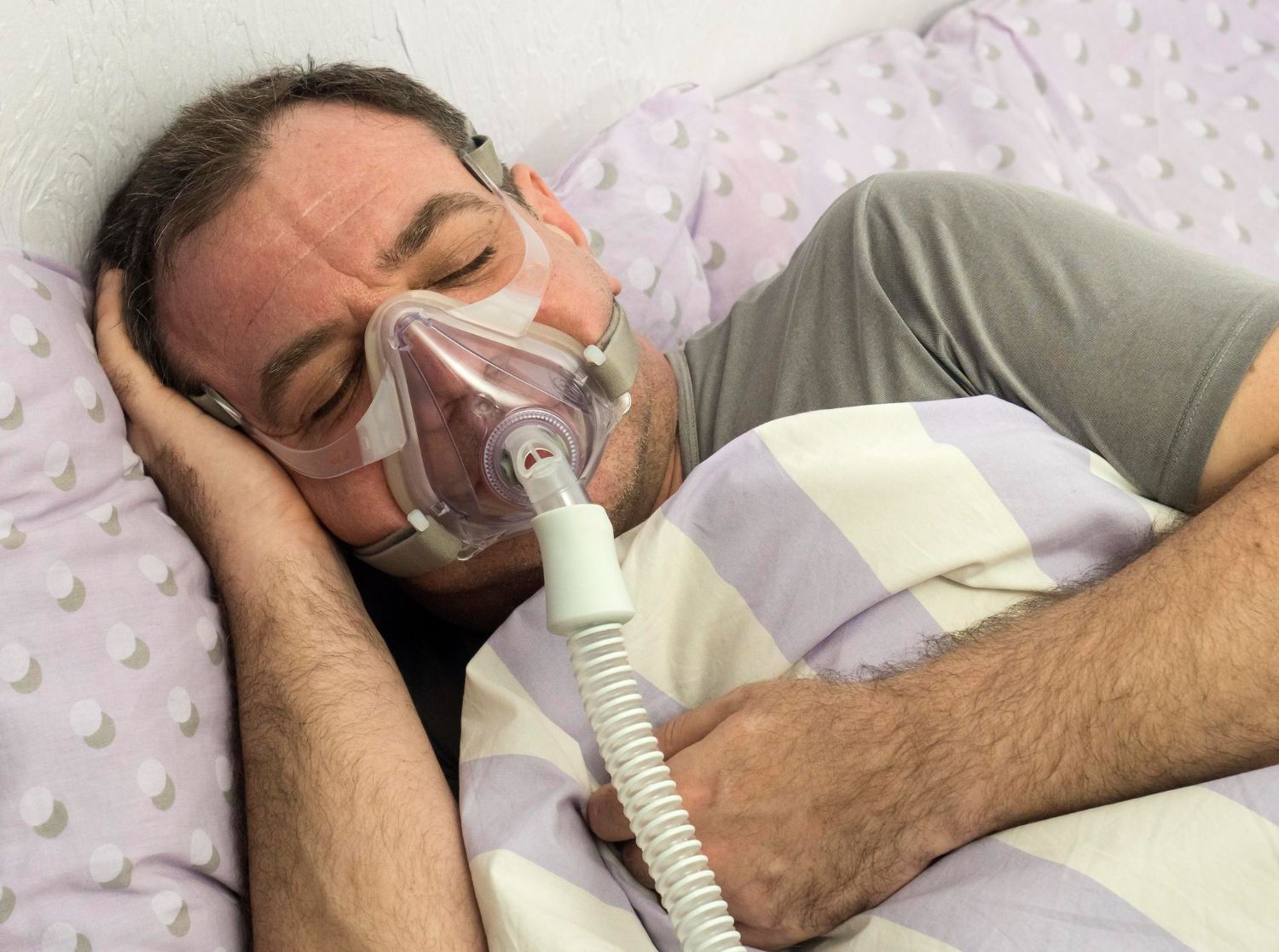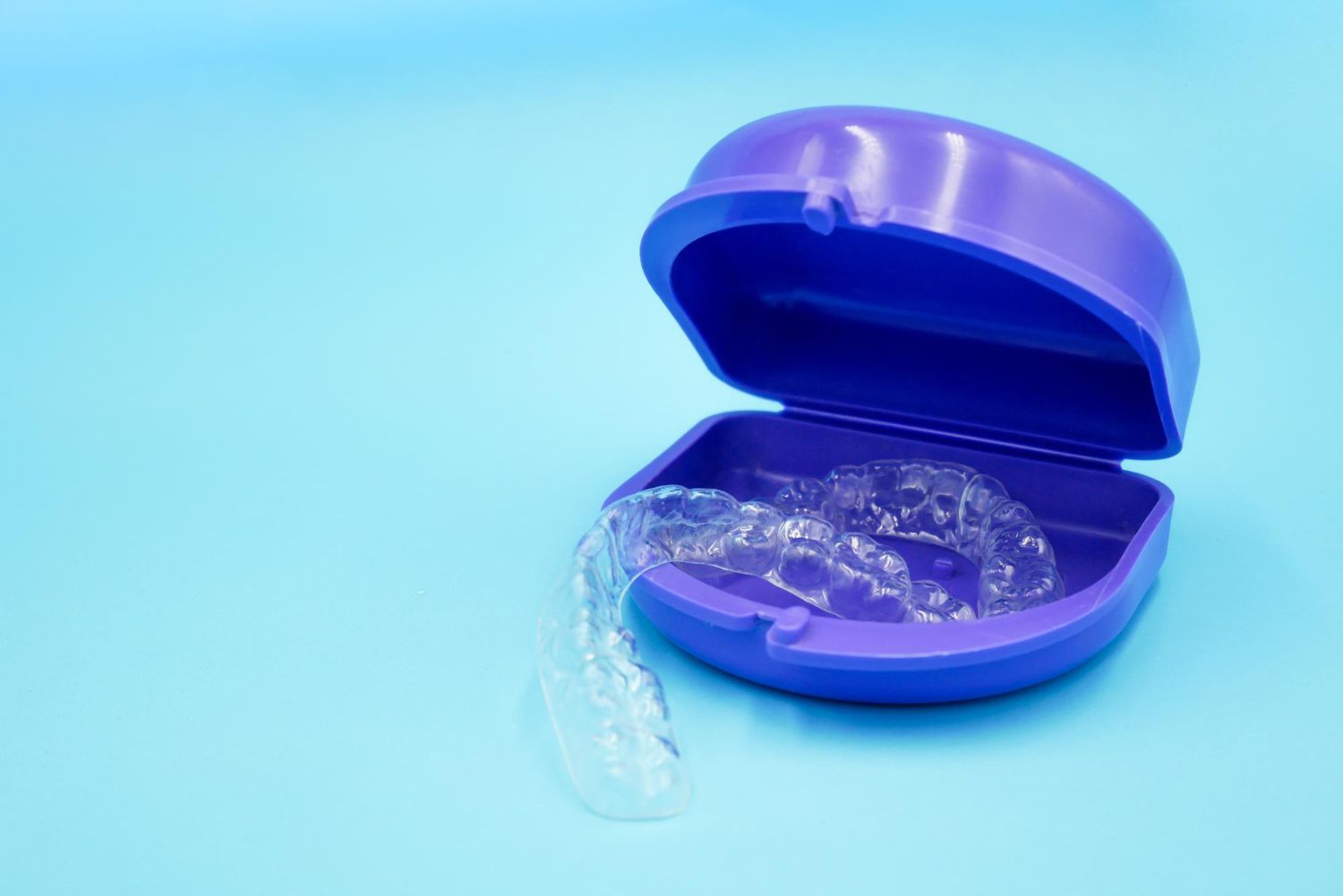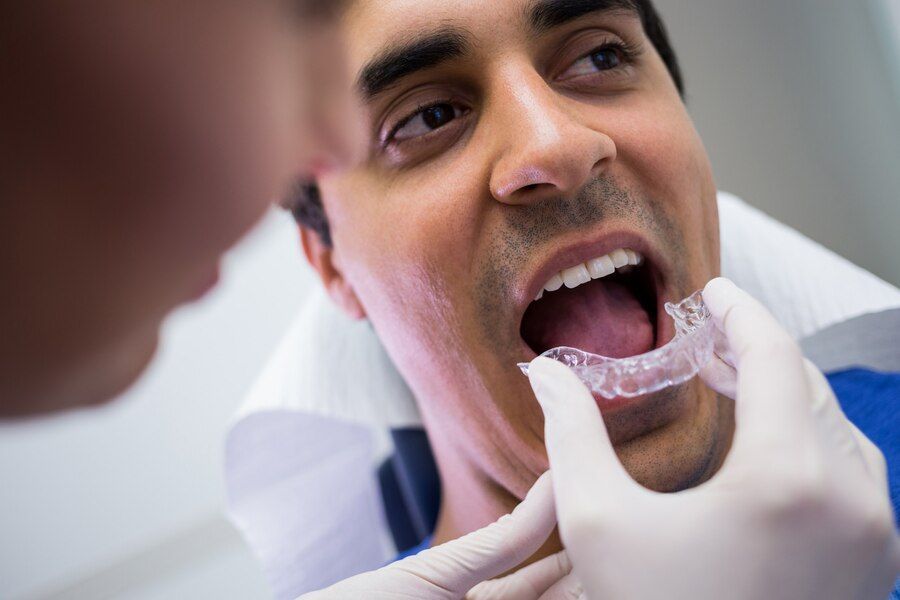Welcome to Fuller Sleep & TMJ Solutions | Greensboro, NC | frontdesk@fullersleep.com
Snoring vs. Sleep Apnea: Recognizing the Differences and Seeking the Right Treatment
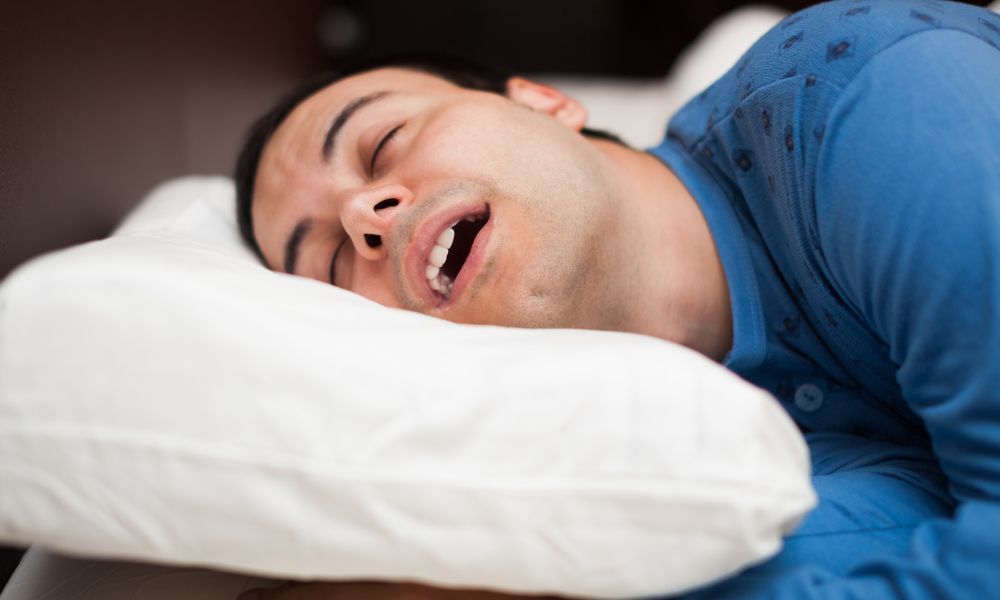
Snoring is a widespread sleep issue that affects people of all ages and demographics. While it might seem like a mere annoyance to some, snoring can sometimes indicate a more serious underlying medical condition, such as sleep apnea, which requires timely diagnosis and treatment. Therefore, understanding the differences between snoring and sleep apnea is essential to ensuring that you or a loved one receives the necessary care and treatment for overall well-being and improved sleep quality.
At Fullersleep, a dental sleep apnea clinic located in Greensboro, NC, we are committed to educating our patients about sleep-related disorders and the importance of comprehensive care for sleep apnea. Since sleep apnea often presents itself through snoring, it's crucial to identify when snoring is a sign of a more severe condition that warrants professional help.
In this blog post, we will discuss the key differences between snoring and sleep apnea, the importance of identifying the underlying cause of these sleep disturbances, and the various treatment options available to help alleviate symptoms and improve overall sleep quality. By learning to differentiate between simple snoring and sleep apnea, you can take proactive steps to seek appropriate treatment, paving the way for a healthier, more restful night's sleep that ultimately benefits your overall well-being.
The Key Differences Between Snoring and Sleep Apnea
Although both snoring and sleep apnea can disrupt sleep quality, it's essential to understand the differences between these two sleep-related issues:
- Definition and Causes: Snoring is the sound produced by the vibration of relaxed throat muscles during sleep, whereas sleep apnea is a serious sleep disorder characterized by brief, repeated interruptions in breathing throughout the night. Sleep apnea is often caused by a blocked airway or the brain's failure to send the correct signals to the muscles controlling breathing.
- Symptoms: While snoring is generally limited to loud, continuous noise, sleep apnea presents with more complex symptoms such as frequent awakenings, gasping or choking during sleep, excessive daytime sleepiness, and morning headaches.
- Severity and Health Implications: Snoring, when not accompanied by sleep apnea, is typically considered less severe, although it can still disrupt sleep and cause fatigue. Sleep apnea, if left untreated, has far-reaching health implications, including an increased risk of cardiovascular diseases, stroke, diabetes, and depression.
The Importance of Identifying the Underlying Cause
As you can see, the distinction between snoring and sleep apnea is crucial for receiving appropriate treatment. If you suspect that you or a loved one may be experiencing sleep apnea, it is vital to seek professional help from a qualified sleep specialist who can assess your condition and recommend suitable treatment options. This is important not only for improving sleep quality but also for preventing potential long-term health issues linked to untreated sleep apnea.
Diagnosis and Evaluation of Sleep Apnea
The process of diagnosing sleep apnea begins with a thorough consultation with a sleep doctor, who may then recommend a sleep study or home sleep apnea test (HSAT). A sleep study involves an overnight stay at a sleep lab where specialists monitor your sleep patterns, eye movement, heart rate, and other vital signs to determine if sleep apnea is present. An HSAT, on the other hand, allows patients to conduct the test in the comfort of their homes.
Treatment Options for Snoring and Sleep Apnea
Several treatment options are available for those suffering from snoring and sleep apnea:
- Continuous Positive Airway Pressure (CPAP) Therapy: Considered the gold standard treatment for sleep apnea, CPAP therapy involves wearing a mask connected to a machine that delivers continuous positive air pressure into the airway, preventing breathing interruptions during sleep.
- Oral Appliance Therapy: Ideal for those with mild to moderate sleep apnea or those who find CPAP therapy uncomfortable, oral appliance therapy utilizes custom-made dental devices to reposition the lower jaw and tongue, opening the airway and reducing sleep apnea symptoms.
- Lifestyle Modifications: Losing weight, changing sleep position, and avoiding alcohol and sedatives before bedtime can help alleviate both snoring and sleep apnea symptoms in some cases.
Recognizing the differences between snoring and sleep apnea is crucial for seeking the proper treatment and improving not only sleep quality but also overall health. If you suspect that you or a loved one may be experiencing sleep apnea, the team at Fullersleep in Greensboro, NC, is here to help. Our dental sleep apnea specialists will work closely with you to determine the most appropriate treatment plan, helping you achieve a healthy and restful night's sleep. Contact us today to schedule an appointment and take the first step toward better sleep and improved well-being.
Disclaimer: Our blog articles serve to educate readers about various treatment options for sleep apnea and TMJ disorders. It's important to understand that while we discuss multiple treatments, in our posts, not all of these options may be accessible at our clinic. We encourage you to reach out and schedule a consultation with us. This way, we can carefully devise a personalized treatment plan that caters to your specific needs.
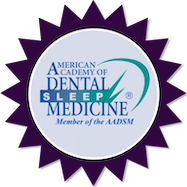
CONTACT US
Fuller Sleep & TMJ Solutions
1515 West Cornwallis Dr Suite 110 Greensboro, NC 27408
BUSINESS HOURS
Monday: 8am – 5pm
Tuesday: 8am – 5pm
Wednesday: 8am – 5pm
Thursdays: 8am – 2pm
All Rights Reserved | Fuller Sleep & TMJ Solutions
© 2023 All Rights Reserved | Fuller Sleep & TMJ Solutions
Website designed by: Morningdove - Accessibility Statement



